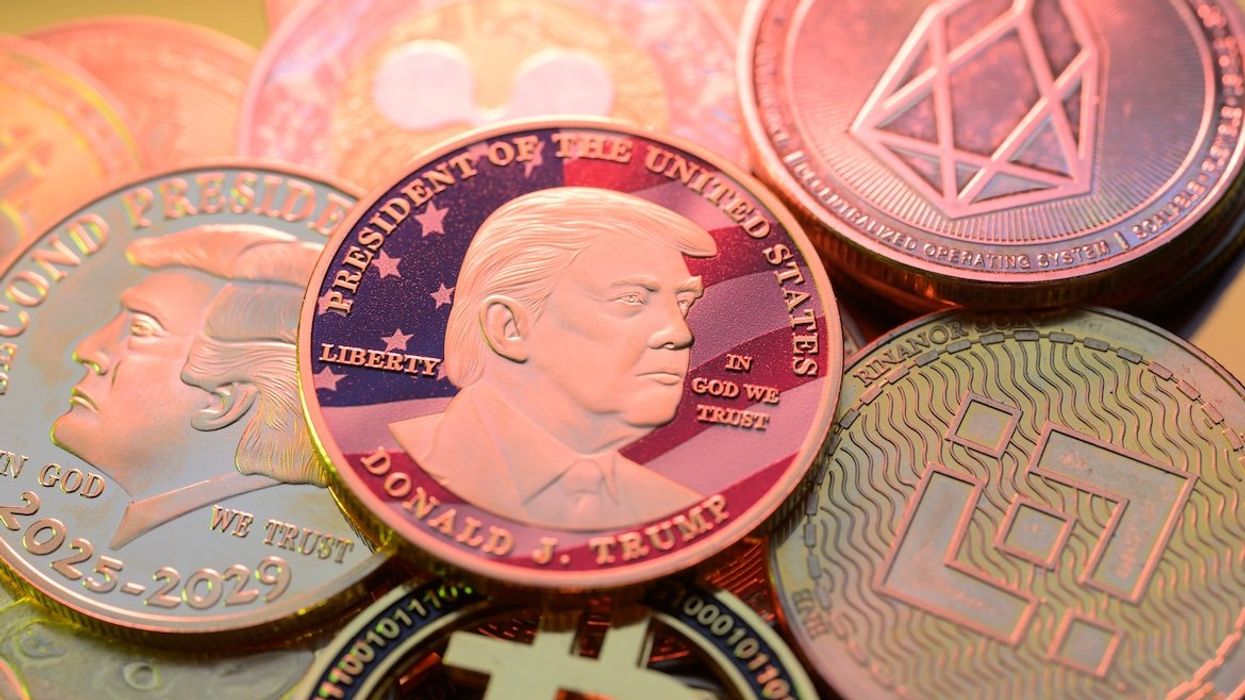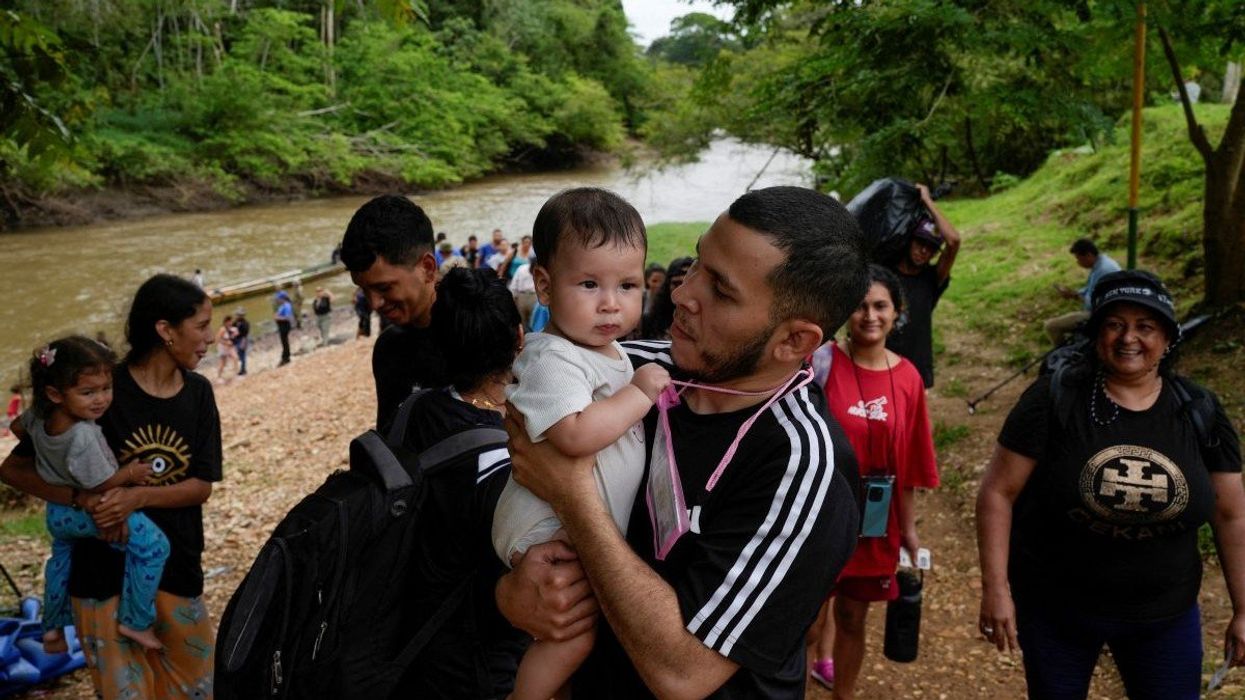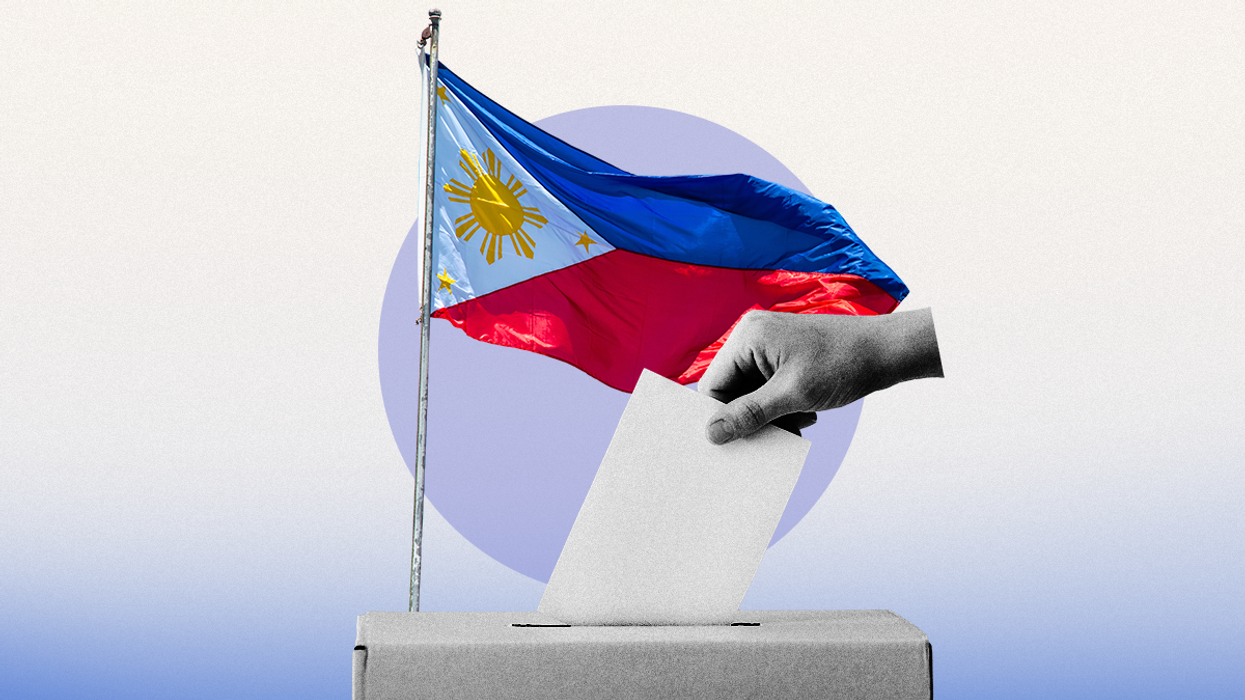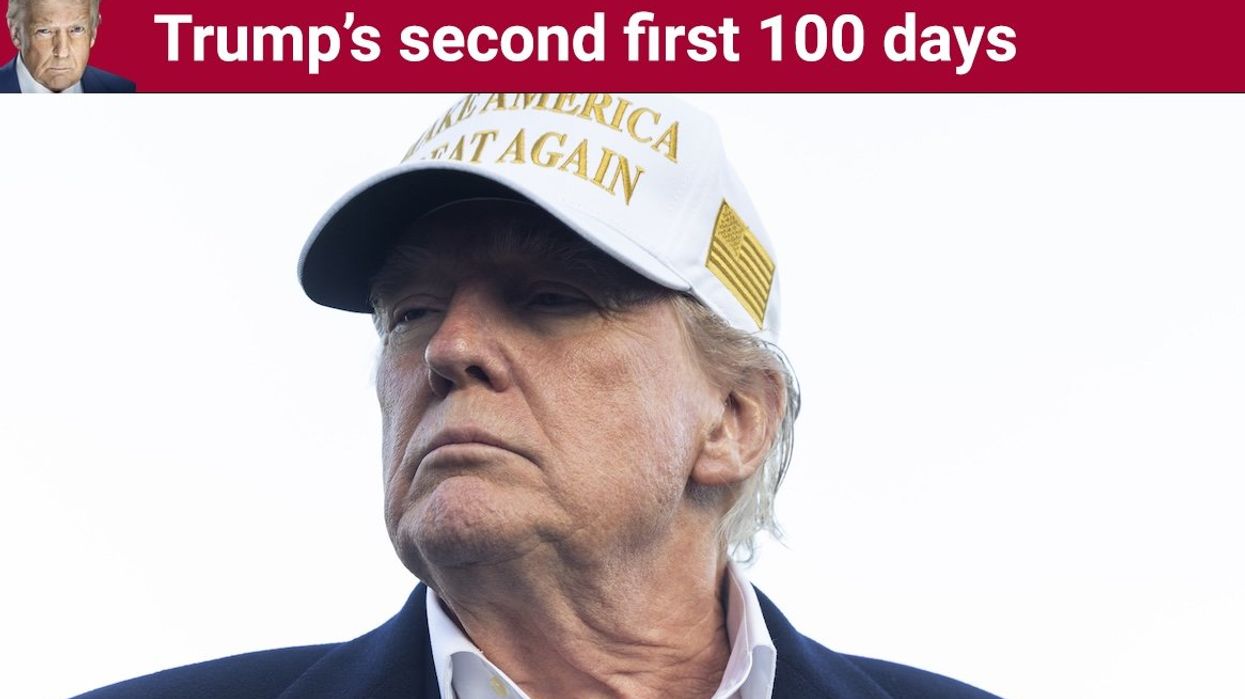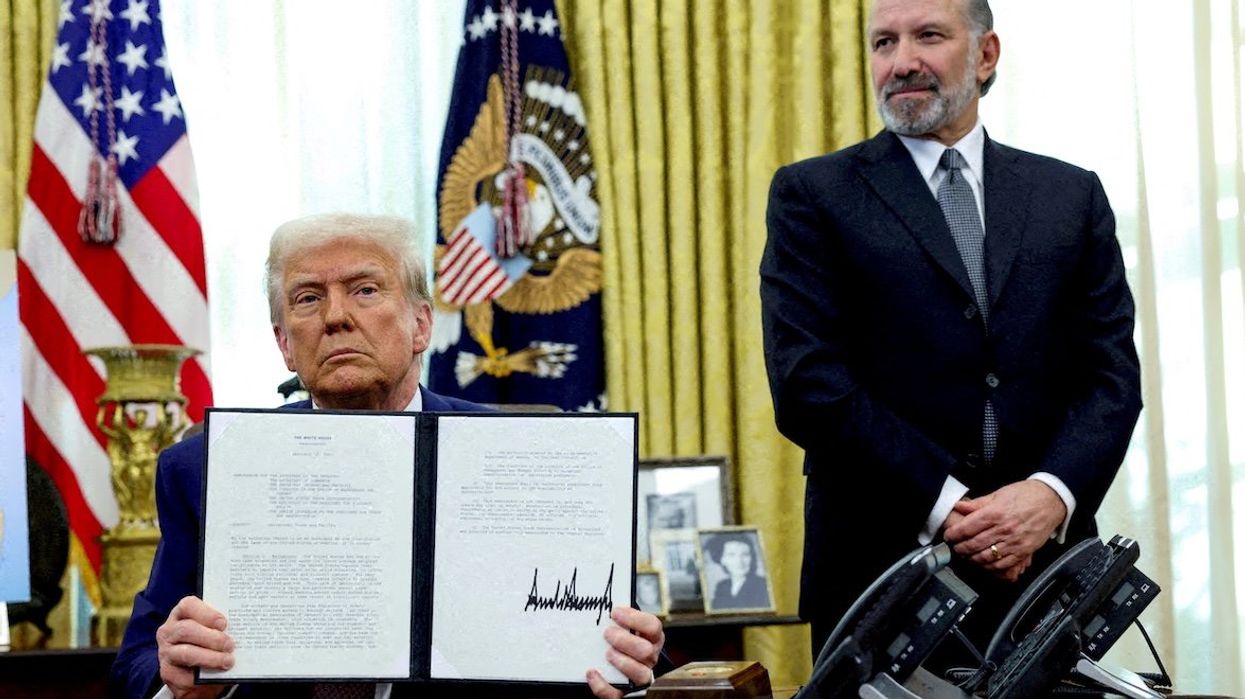Resigned to the absence of the country’s most popular politician, Pakistanis will vote in elections on Thursday to choose their next government. Imran Khan, a former cricket star and prime minister, has been convicted on charges widely seen as trumped up by Pakistan’s powerful military and barred from holding public office. Though Pakistan is officially a democratic republic, its military plays an outsized role in the country’s politics, engineering elections in favor of its preferred leaders.
We asked Eurasia Group’s Rahul Bhatia and Pramit Pal Chaudhuri to explain.
What is the reason for the crackdown on Khan and his party?
Since Pakistan’s independence in 1947, the military has directly ruled the country for about three decades while calling the shots from behind the scenes for most of the rest of the time. It had previously favored Khan and his populist Pakistan Tehreek-e-Insaaf (PTI) party, hoping they would serve as a counterweight to Pakistan’s two traditional parties, the Pakistan Muslim League (PML-N) and the Pakistan People’s Party (PPP). These two parties had cooperated to re-establish a civilian-led democracy in the country in 2008, and the military saw them as a threat to its pre-eminence.
While the military helped secure the PTI’s victory in 2018, Khan soon fell out with his benefactors. Four years into his term, Khan was removed from office through a no-confidence motion after the military grew weary of his poor handling of the economy, foreign policy blunders, and interference in military affairs. But Khan refused to go quietly and launched a street campaign against the new government. The situation escalated in May 2023, when Khan’s arrest on corruption charges prompted his supporters to take to the streets and attack military installations across the country, including the army headquarters. This was too much for the military, and it began a systematic crackdown on Khan and his party through a campaign of extrajudicial detentions, harassment, and intimidation.
How will the crackdown affect the election and its outcome?
The military’s crackdown has left the PTI fighting for survival. More than 10,000 PTI leaders and workers have been detained since May 2023. Its leader, Khan, has been incarcerated for leaking classified information and illegally selling state gifts; he is barred from holding public office for ten years. Pakistan’s election commission has disallowed most PTI candidates from contesting the polls and stripped the party of its ballot symbol. This is particularly harmful as 40% of Pakistan’s electorate is semi-literate, making it difficult for many PTI supporters to identify their candidates.
Meanwhile, authorities have cleared the legal obstacles for Nawaz Sharif, another former prime minister who had fallen out with the military in a previous term, to run for office. His PML-N is now expected to easily secure a parliamentary majority. Though Khan is the most popular politician in Pakistan, the PTI will struggle to get more than a handful of seats in the 336-member national assembly.
What accounts for Khan’s enduring popularity?
The former captain of the Pakistani cricket team, Khan was already a popular sporting icon before he entered politics. An astute politician, he has created a cult of personality around himself by mobilizing Pakistan’s new middle class, who have become disillusioned by the country's political process and the establishment parties (PML-N and PPP). Furthermore, his message of clean governance and his criticism of the IMF, the US, and even the military resonates with many urban poor who have been badly affected by high inflation and low economic growth. His popularity has risen even further since he was removed from office and arrested.
Do you expect unrest driven by Khan’s supporters around the elections? On a similar scale to that triggered by his arrest?
It is highly unlikely that there will be widespread protests similar to those in May 2023 following the election results. Despite Khan’s popularity, that of his party seems to have fallen lately. Many voters seem resigned to the fact that the elections will be skewed against the PTI, while Sharif’s PML-N is gaining support in his native Punjab. Areas where the PTI remains popular, such as the Khyber Pakhtunkhwa, north Punjab, and some northern urban areas, will probably experience some unrest. But the Pakistani security forces should be able to handle it without too much trouble.
What challenges will the next government face?
Addressing economic difficulties – nearly 40% of Pakistanis live below the poverty line and inflation is running at about 30% – will be the next government’s primary challenge. To do so it will need financial assistance. It will need to negotiate a new loan facility with the IMF. An agreement with the IMF has been made a prerequisite by Pakistan’s main external creditors – China, Saudi Arabia, the UAE, and Qatar – to provide additional financial support.
A new IMF agreement will require the government to undertake difficult economic overhauls, including tax hikes, privatizations of state-owned companies, and reforms to its financial and power sectors. While a government led by Sharif may be able to carry this agenda to a degree, given how the election is being engineered in his favor, he may lack the political capital to see it through or handle any street protests that may follow. Overall, while a newly elected government will bring more stability to Pakistan, questions over its legitimacy will undermine its ability to govern.
Edited by Jonathan House, senior editor at Eurasia Group








